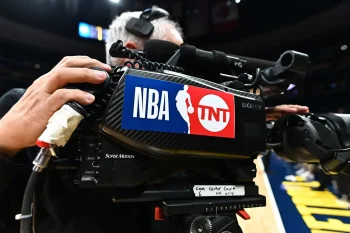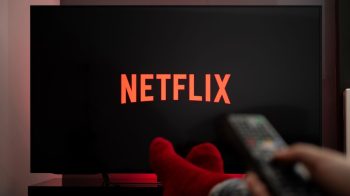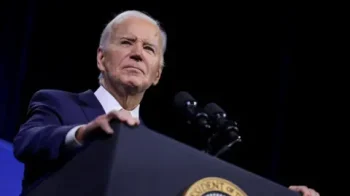The House of Representatives made a decisive move on Wednesday, passing legislation that puts ByteDance, the owner of TikTok, in a tight corner: sell the popular social media platform or face a comprehensive ban in the United States. Garnering significant support, the bill saw 352 members voting in favor, with only 65 dissenting. This rapid progression to a vote follows unanimous approval by a committee last week, signaling strong bipartisan concern over TikTok’s operations and its potential implications for national security.
TikTok’s Response and the Ongoing Debate
Following the House vote, TikTok’s CEO, Shou Zi Chew, expressed disappointment, emphasizing the company’s commitment to safeguard user data and maintain platform integrity against external influences. Chew criticized the bill for potentially consolidating power among a few social media giants, highlighting the adverse economic impact on creators and small businesses. This legislative action marks the most significant threat yet to TikTok, amidst long-standing debates over data privacy and content censorship concerns associated with its Chinese ownership.
ByteDance now faces a 165-day deadline to divest from TikTok, failing which app stores like Apple App Store and Google Play would be prohibited from hosting TikTok or providing services to ByteDance-affiliated applications. Despite TikTok’s assertions of data security measures, the platform has faced previous attempts at bans, notably by former President Donald Trump in 2020 and a state-level ban in Montana in 2023, both challenged on First Amendment grounds.
International and Domestic Reactions
The vote has not only stirred reactions within the US but also drawn criticism from China, accusing the US of “hegemonic” practices and warning of the repercussions on international trade norms. The Treasury-led Committee on Foreign Investment in the United States (CFIUS) had earlier prompted ByteDance to sell its TikTok shares, hinting at a potential ban, yet no steps have been taken thus far.
The bill’s future in the Senate remains uncertain, with some Democrats voicing concerns over free speech implications and advocating for broader social media regulations rather than targeting TikTok alone. The White House, however, has shown support for the legislation, indicating a desire to address national security concerns associated with foreign-owned social media platforms.
Broader Implications and Next Steps
As ByteDance contemplates its next moves, the debate around TikTok underscores broader tensions between the US and China over technology and national security. The bill’s authors argue that it aims not to ban TikTok outright but to mitigate risks through divestiture, offering a path forward that preserves the platform’s presence in the US market. However, TikTok and its supporters view the legislation as an effective ban, threatening free expression and the livelihoods of millions of Americans.
This legislative effort, while initially focused on TikTok, could set precedents affecting other foreign-owned platforms, raising questions about the future landscape of social media and digital communication in the US.














